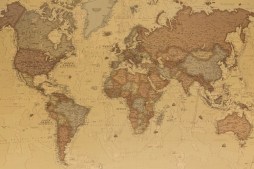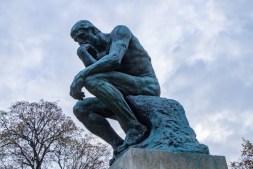The Evolution of Sports: A Journey Through Historical Games Across Cultures
Sports have been an integral part of human culture for centuries, evolving alongside societies and reflecting their values and traditions. Understanding historical games not only provides insight into the past but also showcases how cultures around the world have engaged in play, competition, and celebration. In this article, we will explore some significant historical games from various cultures, tracing their evolution and impact on modern sports.
Ancient Civilizations and Their Games
From the ancient Greeks with their Olympic Games to the Mesoamerican ballgame played by civilizations like the Maya and Aztecs, early sports were often deeply intertwined with religion, politics, and societal norms. The Olympics began around 776 BC as a festival to honor Zeus, featuring events like running and wrestling that laid the foundation for modern athletics. Similarly, the Mesoamerican ballgame was not just a sport; it had ritual significance where winners could be honored or sacrificed based on their performance.

Medieval Sports: Chivalry Meets Competition
As societies progressed into medieval times, sports took on new forms that reflected social hierarchies. Jousting became popular among nobility in Europe as a display of valor and skill while hunting evolved into structured competitions among the upper classes. Folk games also emerged during this period; activities such as mob football involved entire communities in spirited contests that often led to chaotic but thrilling matches.
Global Traditions: Unique Games Around the World
Different regions developed unique sports reflecting their cultural identities. For instance, Kabaddi is a traditional game originating from India that combines elements of wrestling with tag; players must touch opponents while holding their breath. In Japan, Sumo wrestling has roots dating back over 1,500 years as both sport and ritual. Each of these games illustrates how local customs dictate sporting practices across various cultures.
Colonial Influences and Globalization of Sports
With exploration and colonization came new influences on sports worldwide. British colonialism led to widespread adoption of cricket in places such as India and Australia while American baseball found its way to Japan after World War II. This period marked not only an exchange of sporting practices but also introduced formalized rules which have shaped many contemporary global sports today.
The Legacy of Historical Games in Modern Sports
Many modern sports owe their existence to historical games that have evolved over time through changes in culture and technology. The principles established by ancient competitions inform current practices—from athletic training regimens derived from Greek methods to team dynamics seen in contemporary football inspired by earlier folk games. Recognizing this legacy can deepen our appreciation for how far we’ve come while honoring those who played before us.
In conclusion, exploring historical games across cultures reveals much about human nature’s desire for competition and community engagement through play. As we continue to innovate within our sporting landscapes today, it’s important to remember these roots that connect us all through shared histories.
This text was generated using a large language model, and select text has been reviewed and moderated for purposes such as readability.


